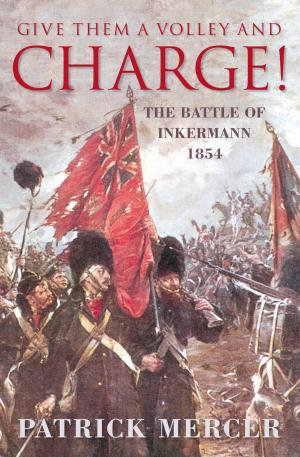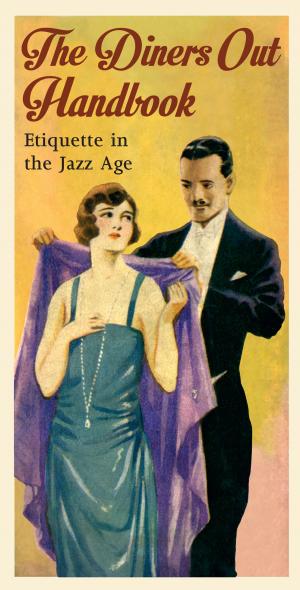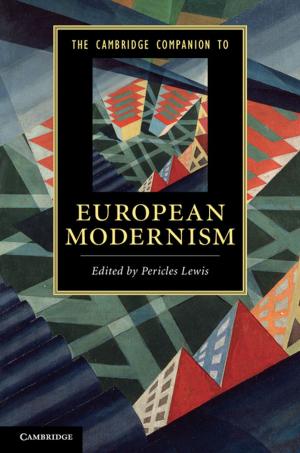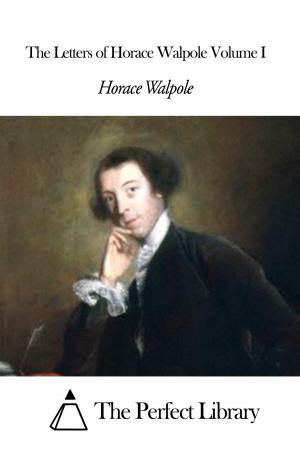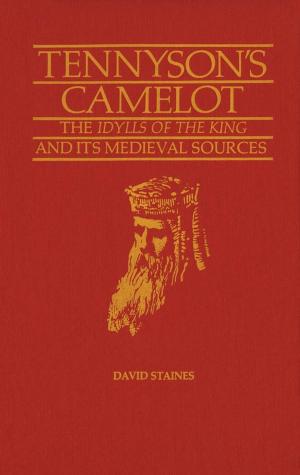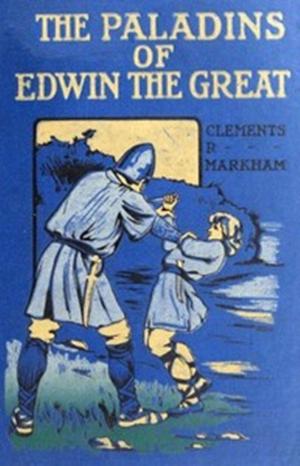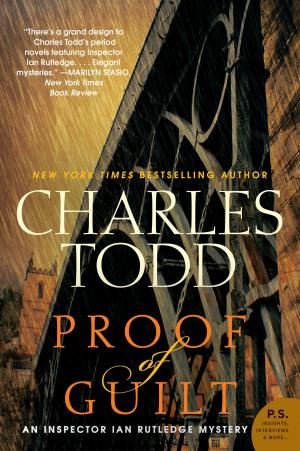Milton in America (From the Vault: UTQ Special Collections)
Fiction & Literature, Literary Theory & Criticism, British| Author: | ISBN: | 9781442667846 | |
| Publisher: | University of Toronto Press, Journals Division | Publication: | July 1, 2008 |
| Imprint: | Language: | English |
| Author: | |
| ISBN: | 9781442667846 |
| Publisher: | University of Toronto Press, Journals Division |
| Publication: | July 1, 2008 |
| Imprint: | |
| Language: | English |
John Milton is best known as an English poet, political philosopher, and writer. During his lifetime, America was little more than a distant wildwood populated by Aboriginals and a few sparse colonies, and it received no literary attention from the writer. Yet, a mere century later, the ideals that he had outlined in his writing stood as a pillar around which the Founding Fathers of America scribed their Declaration of Independence, liberating themselves from Milton’s own motherland. How this came to be, that an Englishman’s writings would be used as inspiration to reject and liberate America from English rule, and how Milton’s work continued to shape and influence American thought is the focus of this collection of essays.This special collection, edited by Paul Stevens and Patricia Simmons, covers an inclusive breadth of topics spanning from American independence to present day, each one providing insight into the unique relationship between Milton’s work and America.Among the topics covered is Sharon Achinstein’s examination of Milton studies during the Cold War. In this piece, Achinstein explores the 1950s political climate and how Cold War ideals of liberty, perceived threats, and political dangers all shaped the ways Milton was represented. Catherine Gimelli Martin explores the relationship between Milton’s writing and Jefferson and potential influences that Milton’s thought had on the language used in the Declaration of Independence. To illustrate this connection, Gimelli explores Mark Twain’s rejection of Jeffersonian optimism in his satirical treatment of Paradise Lost. Feisal G. Mohamed concludes the collection with an examination of the crisis in current American liberal theory, offering a study of Milton’s A Treatise of Civil Power as a means of exploring the limits and potential extensions of liberalism.This collection offers a fresh interdisciplinary perspective on a figure with a rich history of scholarly work and re-examines a topic that can be approached from American studies, philosophy, history, English, or out of personal interest. Each scholar contributing to this collection offers a creative, distinctive interpretation on the legacy that Milton’s writing has in American history and political thought.
John Milton is best known as an English poet, political philosopher, and writer. During his lifetime, America was little more than a distant wildwood populated by Aboriginals and a few sparse colonies, and it received no literary attention from the writer. Yet, a mere century later, the ideals that he had outlined in his writing stood as a pillar around which the Founding Fathers of America scribed their Declaration of Independence, liberating themselves from Milton’s own motherland. How this came to be, that an Englishman’s writings would be used as inspiration to reject and liberate America from English rule, and how Milton’s work continued to shape and influence American thought is the focus of this collection of essays.This special collection, edited by Paul Stevens and Patricia Simmons, covers an inclusive breadth of topics spanning from American independence to present day, each one providing insight into the unique relationship between Milton’s work and America.Among the topics covered is Sharon Achinstein’s examination of Milton studies during the Cold War. In this piece, Achinstein explores the 1950s political climate and how Cold War ideals of liberty, perceived threats, and political dangers all shaped the ways Milton was represented. Catherine Gimelli Martin explores the relationship between Milton’s writing and Jefferson and potential influences that Milton’s thought had on the language used in the Declaration of Independence. To illustrate this connection, Gimelli explores Mark Twain’s rejection of Jeffersonian optimism in his satirical treatment of Paradise Lost. Feisal G. Mohamed concludes the collection with an examination of the crisis in current American liberal theory, offering a study of Milton’s A Treatise of Civil Power as a means of exploring the limits and potential extensions of liberalism.This collection offers a fresh interdisciplinary perspective on a figure with a rich history of scholarly work and re-examines a topic that can be approached from American studies, philosophy, history, English, or out of personal interest. Each scholar contributing to this collection offers a creative, distinctive interpretation on the legacy that Milton’s writing has in American history and political thought.


